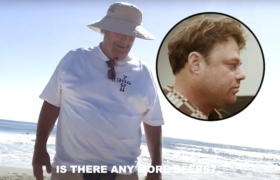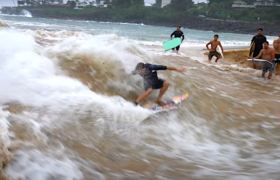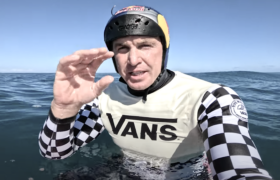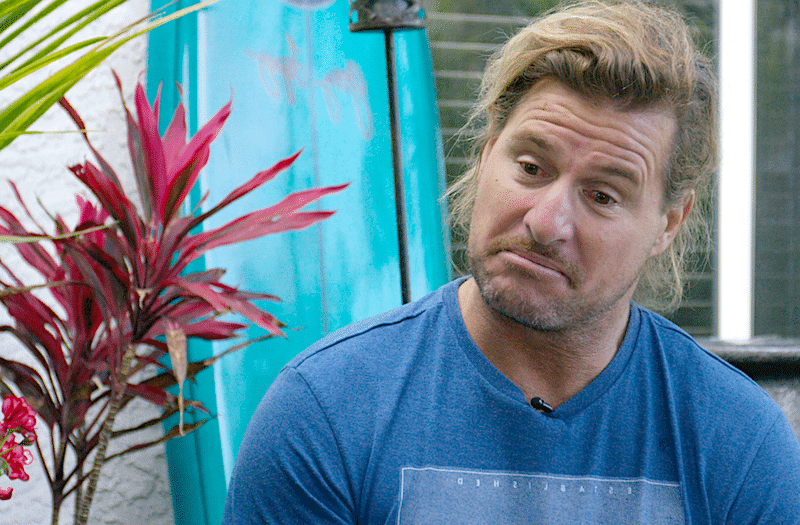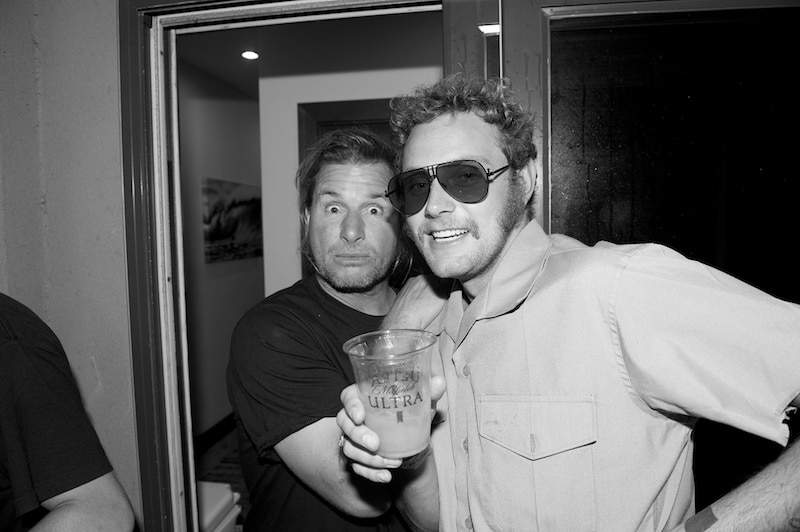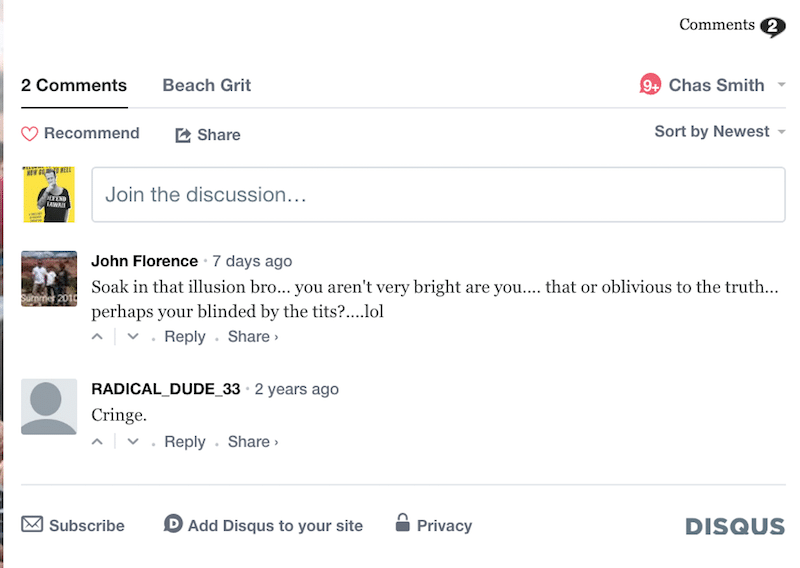Sackings. Increased debt.
Yesterday, the two biggest surf companies in the world quit playing cute and merged. As Chas Smith wrote yesterday “Did you ever believe that you’d live to see the day when the two biggest surf companies in the world, Billabong and Quiksilver, united into one? Well congratulations! You did!”
The Wall Street Journal reported,
“The combination would create a global player with ubiquitous brands, about $2 billion in annual sales and 630 stores in 28 countries. But both Quiksilver and Billabong have struggled in recent years with declining sales and corporate restructurings.”
So how’s the deal gonna work after it gets rubber-stamped by shareholders who are very thrilled to be getting a buck a share on something that felt like it might’ve evaporated into nothing a couple of years ago, and were twenty percent less before the takeover deal was voiced?
In a very good interview yesterday on the website shop-eat-surf, the new CEO of Quik-Bong, Mr Dave Tanner (a former airforce pilot turned biz whiz), explains how he sees Quik-Bong play.
A lot of the detail is buried behind feel-good talk of preserving the independence and cultures of the brands and so forth but you don’t merge unless you plan on roughly cutting costs.
i.e. job cuts.
The story is behind a paywall (Oh the future! But not here! Free forevs!) but let’s examine a few of the pertinent quotes.
Tanner on duplication: “The integration would be focused on protecting (brand culture) at all costs. So that would mean designers, merchandisers, and brand marketers. As little will change for those people as possible because we realize that we’re only as good as our brand, and our brands are only as good as those cultures and that creativity. So we’ll be mostly hands-off with those, with the brands. And we create brand pods that are supported by a common back end. But a common back end includes hundreds of millions of dollars of spending on anything from corporate offices to finance support, to IT support, to e-com platforms, to logistics and distribution networks, etc… What you have here are two completely redundant business systems on the back offices of the business.”
The takeaway: if you’re a designer, you might keep your job. If you’re a computer cat or you punch numbers or count beans, start looking for a new gig.
Tanner on respective market strengths: “Boardriders (Quiksilver) is stronger in Europe, Russia, and Mexico. Billabong is stronger in Australia.”
The takeaway: Russia? Mexico? Quik’s getting its ass kicked in Australia? Has the mountain fallen that far that Mex and Russia are significant markets? Did you know?
Tanner on taking on new debt: “Yes. We’re recapitalizing the balance sheet of both companies as part of the transaction. Meaning, the combined entity will have a completely new balance sheet.”
The takeaway: A completely new balance sheet! But more red ink!
Tanner on using combined muscle to pressures stores into buying Quik-Bong: “There is nothing in our financial modeling that has any sort of plan to accrue benefits from that kind of activity… If we’re talking about a bigger piece of your store, and how we merchandise your store, and how we partner with you, give you the right data – we think there’s a way to elevate that game that is a win-win.”
The takeaway: Yes!
